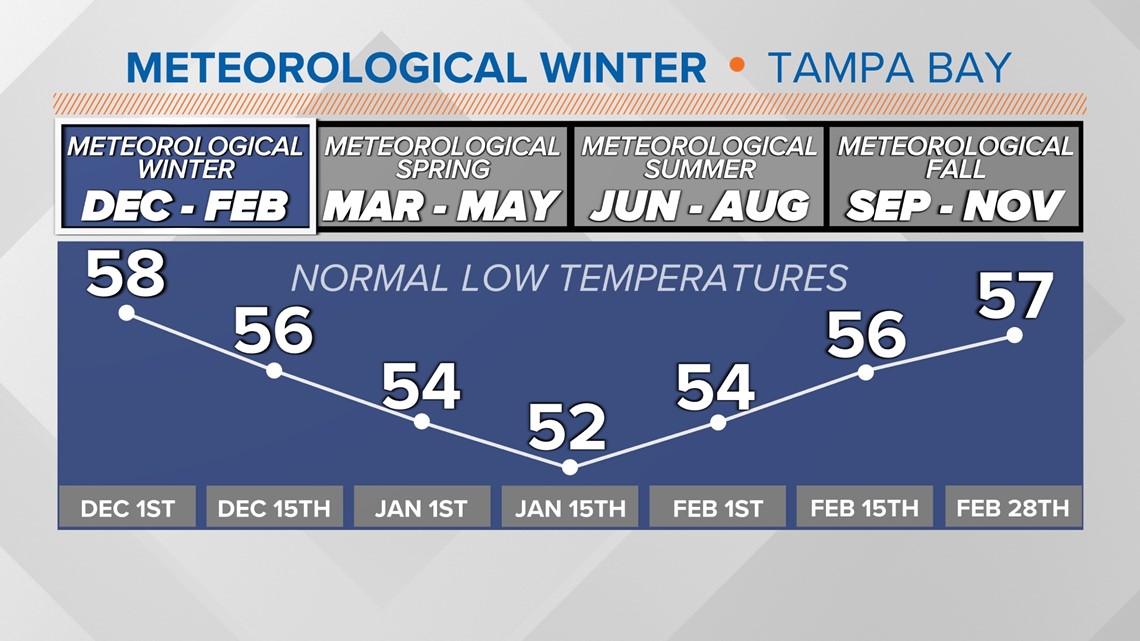FLORIDA, USA — Doctors say October is the ideal time to get your flu shot because it’s when the season typically starts to ramp up so getting vaccinated will protect you through the winter peak.
Across the country it’s also the time of year when cooler weather typically arrives – but not necessarily here in Florida.
RELATED: Yes, doctors say now is the best time to get your flu shot. Here’s what else to know this season
THE QUESTION
A VERIFY viewer asked: Does Florida's warmer weather make us less susceptible to getting the flu?
THE SOURCES
- Centers for Disease Control and Prevention (CDC)
- National Institutes of Health (NIH)
- Study on humidity, influenza published to PLOS ONE
- Dr. Nicole Iovine, clinical professor & hospital epidemiologist at University of Florida
- 10 Tampa Bay Brightside meteorologist Grant Gilmore
THE ANSWER
No, being in Florida doesn’t make us any less susceptible to getting the flu. Research shows weather conditions can play a role in when and how the flu virus spreads but it’s likely not the only factor.
WHAT WE FOUND
The Centers for Disease Control and Prevention (CDC) notes the flu virus is detected year-round while most activity generally begins around October and peaks between December and February.
It's why we usually associate the flu with the cold and studies have shown the virus does spread a lot better in colder, dryer conditions – not the sticky humidity we have here most of the year.
The National Institutes of Health (NIH) has found that warmer temperatures have been shown to essentially melt the virus' protective coating making it harder to spread. But we're talking really warm temps—105 degrees or warmer.
There are also studies like this one, published in PLOS ONE, which have found humidity may help slow the spread of the flu virus.
Colder temperatures and lower humidity can help airborne virus particles stay in the air longer, giving you a better chance of breathing them in and becoming infected.
But Dr. Nicole Iovine, who leads the University of Florida’s influenza response, says that doesn't necessarily mean we’re less susceptible here in Florida just because it's warmer.
"We definitely have a sub-tropical climate here so we're different from a lot of the rest of the nation,” she said. “The interesting thing about flu, though, is that it doesn't seem to care."
Dr. Iovine says the flu’s impact on us is likely more than just the weather itself, but also how our behaviors change when the weather changes – whether it's too warm or too cold. And cold in Florida, she notes, is all relative.
"People are indoors more and when people are indoors more that creates the opportunity for more transmission of flu,” she said.
"Flu dynamics are extremely complex and incompletely understood but we do have these hints.”
10 Tampa Bay meteorologist Grant Gilmore says that the coldest average high and low temps of the year in Tampa Bay coincide with the typical peak of flu season between December and February.


There are other theories that could explain why influenza seems to typically spread when it does.
With less sunlight during winters months our bodies produce less Vitamin D, weakening our immune systems, one theory holds. Snowbirds and other travelers who flock to Florida during the winter could also help spread the virus. Previous research has even considered whether birds migrating south can bring the virus with them.
But because we don’t fully understand why the flu behaves the way it does, Dr. Iovine says that’s why we talk in general terms about when the flu season typically starts and peaks.

